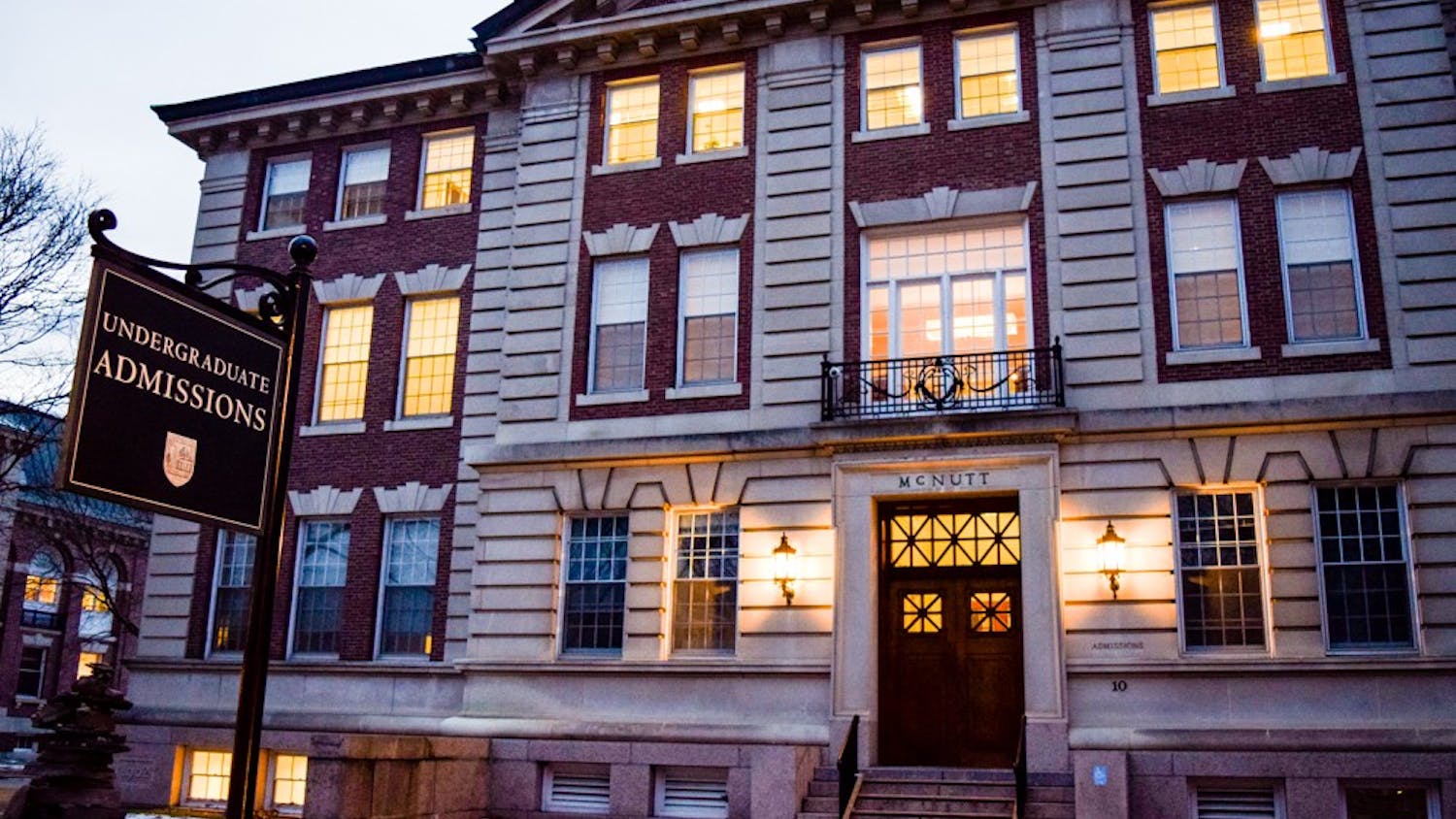On May 11, Sen. Tom Cotton, R-Ark., introduced a new bill: the Ivory Tower Tax Act. The proposed legislation would tax the endowments of some of America’s wealthiest colleges and universities — Dartmouth included — in order to subsidize workforce training programs, even going so far as to require these schools to decrease their endowments over time. The reasoning? Cotton believes that these universities are helping the wealthy become wealthier while teaching students “un-American ideas.” According to Cotton, increasing trade school programs, on the other hand, would help create more “high paying, working-class jobs.” The problem, however, is that this act seeks to counteract economic and opportunity inequality not by addressing their root causes, but by undermining the systems working to fix them.
First of all, Cotton’s proposal seeks to improve the livelihoods of the working class by drawing on college endowments. However, a large proportion of college endowments is directly spent on providing financial aid to low-income students, improving their chances of gaining higher-paying jobs in the future. Take Dartmouth as an example — because of Dartmouth’s large endowment, the College is able to offer more generous financial aid to low- and middle-income students than schools with smaller endowments. Indeed, 23% of Dartmouth’s endowment is allocated towards financial aid. Cotton’s bill thus seeks to help the working class by taxing the funds that institutions like Dartmouth use to aid working-class students — a tactic that does not make sense.
Cotton’s promotion of the bill also argues that increasing funding for trade schools would help the working class by creating more options for students who do not want or are unable to attend college. Apprenticeships, the argument goes, are a more attractive option than college for some students as enrollees would not have to incur substantial student loan debt and the programs are shorter, and therefore easier, to complete. The implication, however, is that low and middle-income students would be the ones opting for this path. This approach is flawed for two reasons.. First, it reinforces class barriers by incentivizing students to attend college only if their families can afford it and trade school if they cannot. What about low-income students who want to attend college? Second, it does not address the underlying barriers preventing low-income students from attending college, including taking on large amounts of debt or having to drop out before graduation. All it does is give them an alternate path that they may not prefer but are nonetheless pushed to take.
Cotton’s reasoning behind taxing wealthy private colleges and universities is that they are “liberal” institutions teaching students dangerous ideas — ideas that undermine patriotism. These so-called contentious ideas, however, are not those of any particular political ideology: They are simply history. For instance, Cotton has called for the federal government to withhold funding from schools that include the “1619 Project” — a New York Times project that examines the role of slavery in America’s founding and history — in their curriculum. If anything, Cotton’s advocacy for government censorship, a First Amendment violation, under the guise of uplifting the working class is what is truly un-American. Notably, the bill’s text contains no mention of “liberal” institutions or “un-American” ideas — it appears that his provocative theatrics are nothing more than talking points.
While Cotton’s proposed Ivory Tower Tax Act is deeply flawed and impractical, the issues that he is trying to address — namely, income and opportunity inequality — are very real. For today’s American working class, accessibility to higher education is clearly a major issue.. For instance, top universities tend to disproportionately admit higher-income students, discriminating against low-income students. In Dartmouth’s own student population, as of the Class of 2013, 20.7% of students are from the top 1% in terms of income distribution, while only 14.4% are from the bottom 60%. Looking at statistics like these, it is easy to see why Cotton and others believe that institutions like Dartmouth are increasing the wealth of the already-wealthy while leaving the working class out of the conversation.
Yet the solution to the problem of accessibility in higher education is not to redistribute their funding to trade programs — instead, it is to make college, as well as trade school, accessible options for every student regardless of their economic background. We should subsidize both higher education and trade schools, instead of trying to pit the two against each other. If funding is needed to do this, take it from the institutions that have actually created the inequality — for instance, large corporations like Amazon that reap huge profits for their executives but treat lower-level employees horrendously. Several of the internet giant’s warehouses have high injury rates, insufficient breaks, extremely high quotas and a lack of disability accommodations. A corporate tax already exists, though it was reduced in 2017, so there is a precedent for this sort of tax. Or, take it from the ultra-wealthy who hoard more wealth than they could possibly need for themselves. Jeff Bezos does not need a yacht for his yacht.
Beyond eliminating financial barriers to higher education, we should emphasize that students have a choice in the form of education that they want to pursue after high school. Like Cotton, I attended a public high school in Arkansas, where there was little discussion about the options available after high school. There was no discussion of what resources are available if you cannot afford college. There was no explanation of the college application process. The assumption was that you would either go to the public in-state school thirty minutes away, get a trade job or join the military. Changing that could help students make better decisions about what is right for them, increasing their autonomy over their own lives.
Cotton’s tax clearly is not the bill we need to finally address economic inequality in the United States. However, it does signal his recognition that income disparities are an issue, something many congressional Democrats are already vocal about. Going forward, both political parties should work together to come up with solutions that increase both accessibility and autonomy in education.



